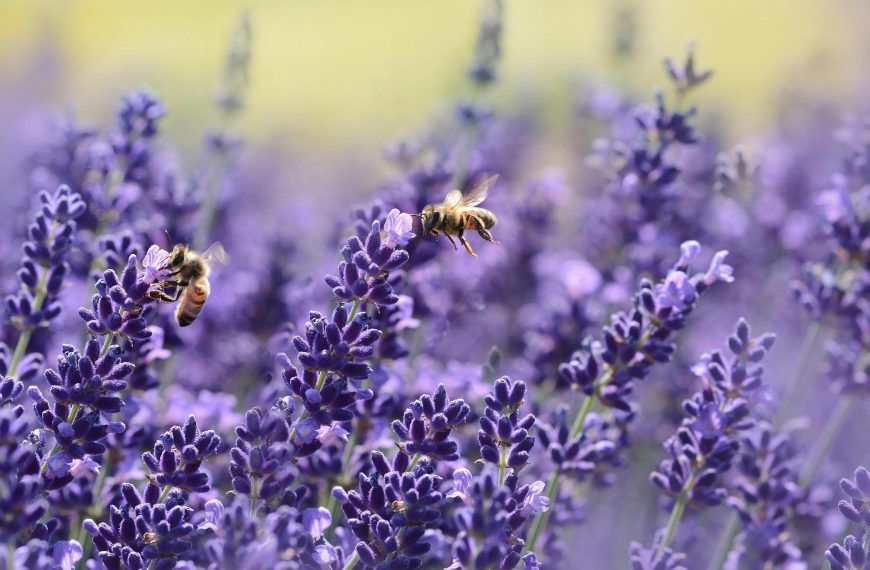Herbal teas and tinctures have been cherished for centuries as remedies for various health issues. These herbal blends draw upon the natural qualities of plants, providing a holistic approach to well-being.
With the growing interest in alternative healthcare, herbal teas and tinctures are gaining popularity. This article delves into the significance, advantages, and specific applications of these natural treatments.
Historical Context
The practice of using herbal teas and tinctures goes back thousands of years, originating from ancient civilizations like China, Egypt, and Greece. For instance, Traditional Chinese Medicine has integrated teas into its healing methods for a long time.
In Egypt, healing herbs were documented in the Ebers Papyrus, one of the oldest medical manuscripts known to us. The renowned Greek physician Hippocrates also supported the use of herbs for medicinal purposes.
Various cultures across history have cultivated their practices, often handed down through generations. These diverse traditions have added to our wealth of knowledge about the properties of plants that continues to shape herbal medicine today.
The Science Behind Herbal Teas and Tinctures
Herbal teas are created by soaking plant parts such as leaves, flowers, seeds, or roots in water. This method extracts the active elements from the plants, producing a therapeutic drink.
Tinctures, conversely, are concentrated extracts made by immersing herbs in alcohol or vinegar. The solvent pulls out the medicinal components of the herbs to form a potent liquid remedy.
The medicinal qualities of teas and tinctures are credited to the phytochemicals in plants. These naturally occurring compounds like alkaloids, flavonoids, terpenes, and polyphenols exhibit various therapeutic activities. For instance, flavonoids are recognized for their antioxidant and anti-inflammatory properties, while alkaloids can provide pain relief and stimulating effects.
Benefits of Herbal Teas
Herbal teas provide a variety of health advantages that appeal to those seeking natural remedies. Some popular benefits include:
Relaxation and Stress Relief
Herbs like chamomile, lavender, and lemon balm are well known for their soothing properties. These plants contain compounds that can induce relaxation, decrease anxiety levels, and enhance sleep quality.
Digestive Health
When it comes to digestive health, peppermint, ginger, and fennel teas are popular choices for easing common issues like bloating, gas, and indigestion. These herbs work by calming the muscles in the digestive tract, reducing inflammation, and boosting the production of digestive enzymes.
Immune Support
For immune support, herbal teas made from echinacea, elderberry, and rose hips are packed with vitamins, antioxidants, and other immune-boosting properties. These teas can help fortify the body’s defenses against infections and illnesses.
Detoxification
In terms of detoxification, dandelion, nettle, and burdock root teas are often relied upon for their detoxifying benefits. These herbs aid in liver function support, promote digestion, and assist in eliminating toxins from the body.
Anti-inflammatory Effects and Pain Relief
When it comes to anti-inflammatory effects and pain relief, turmeric tea, along with ginger and willow bark teas, are recognized for their abilities to reduce inflammation levels as well as alleviate pain. They also contribute to maintaining joint and muscle health.
Benefits of Tinctures
Tinctures present a potent way to tap into the healing properties of herbs. Some key advantages include:
Concentration of Active Compounds
Tinctures stand out due to their concentrated nature, which results in higher levels of active compounds compared to herbal teas. This potency allows for smaller dosages while delivering a powerful impact.
Longevity
Tinctures are known for their long shelf life in comparison to teas, thanks to the preservative properties of alcohol or vinegar used during their preparation. This makes them a practical choice for those seeking long-term remedies.
Ease of Use
Ease of use is another advantage of tinctures as they can be easily mixed into water, juice, or other beverages. They are especially convenient for individuals who are short on time and cannot consistently prepare and consume teas.
Targeted Healing
One key benefit of tinctures is their ability to target specific health concerns such as immune support, stress relief, or digestive health. This targeted approach allows for more effective healing strategies.
Common Herbs in Teas and Tinctures
Certain herbs are commonly utilized in teas and tinctures due to their beneficial qualities. For instance:
Chamomile
Chamomile is popular for its calming effects and is often used to induce relaxation, alleviate anxiety, and enhance sleep quality.
Echinacea
Echinacea is widely recognized for its immune-boosting properties, preventing colds and flu by stimulating white blood cell production.
Ginger
Ginger is well known for its digestive benefits and anti-inflammatory effects on the body. Herbal teas and tinctures with ginger can ease queasiness, aid in digestion, and reduce swelling.
Peppermint
Peppermint is widely used for calming stomach problems like bloating, gas, and upset stomach. It can also help with headaches and enhance mental clarity.
Turmeric
Known for its anti-inflammatory and antioxidant properties, turmeric is often used to reduce inflammation, promote joint health, and boost overall wellness.
Embracing the benefits of herbal teas and tinctures can be a valuable step towards a more comprehensive approach to well-being. It’s important to seek advice from a healthcare provider before incorporating herbs into your routine, particularly if you have existing health issues or are on medication. Whether you’re looking for relaxation, immune support, digestive aid, or pain relief, there’s likely a tea or tincture that fits your needs. These plant-based remedies have a long history in medicine and are appreciated for their therapeutic advantages.









